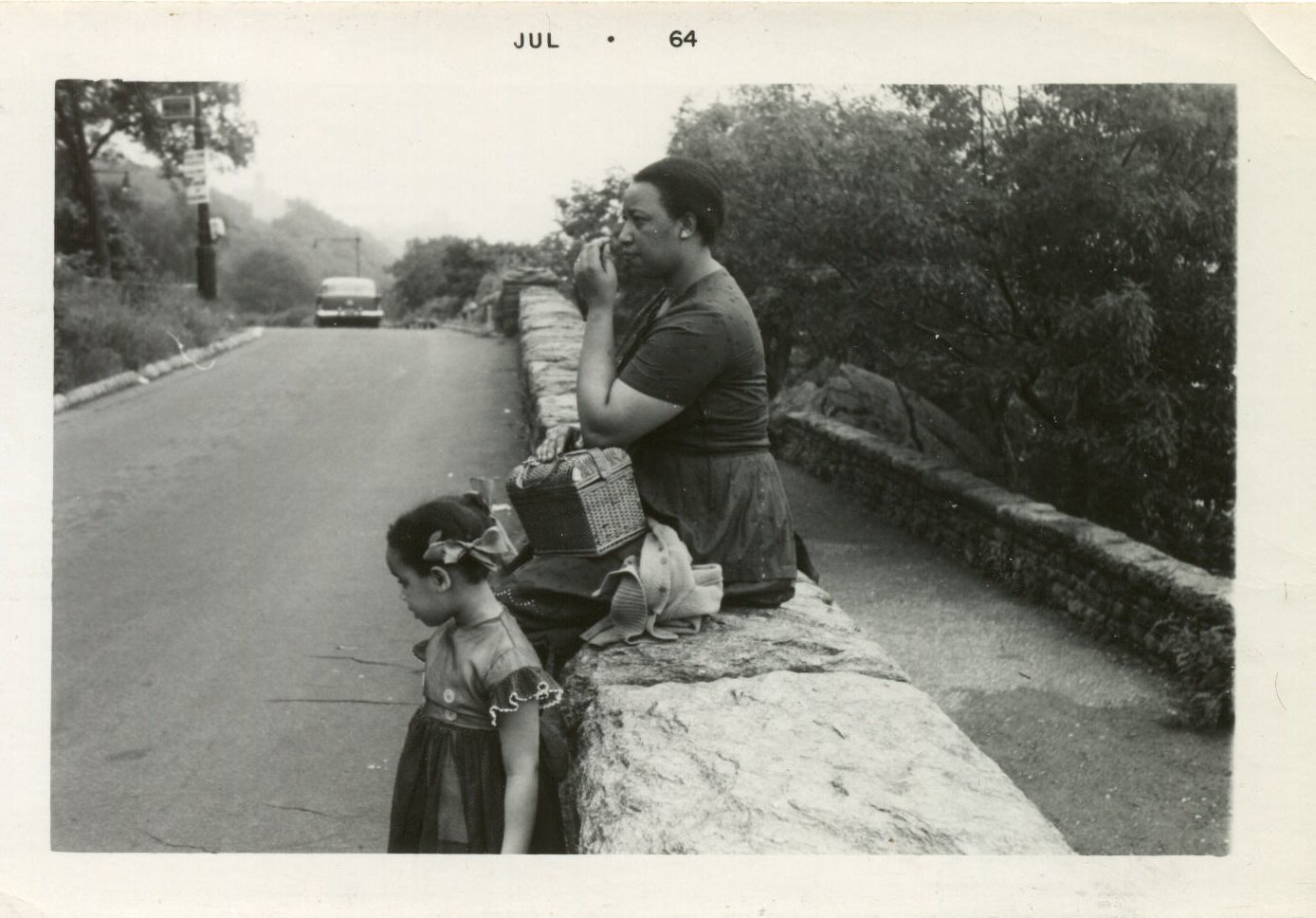
Home Alone - Never!
I credit the producers of the film "Home Alone" with the inspiration of this title, although I confess that I did not see this movie. The title, however, seems apropos.
For the first three years of grade school Mrs. Gumbs, a 60-odd-year old distant cousin from Anguilla, picked me up at the school bus stop daily. Afternoons at her house were like a term in the military. It wasn't Mrs. Gumbs who produced the regimented atmosphere, but rather Mr. Gumbs. However, in his absence, she executed his orders, impeccably I might add. When he arrived home, she was able to report favorably that his wishes had been carried out.
Although short in stature, the rigidity of Mr. Gumbs' personna, not to mention the little black strap that I had occasion to see only once thankfully, engendered fear in the hearts of little children. As in middle class West Indian tradition, he felt that children were to be seen and not heard. That meant no voicing of your opinion and certainly no answering back! My goal was to stay out of the path of the black strap, which meant that for three years I drank Nestle's hot chocolate before my afternoon nap and homework sessions, even though I hated the taste of chocolate.
As my mother liked children and my father's death made it possible for her to remain at home, she did. From third grade on, my mother was at home every afternoon when I arrived from school. There was still regimentation, but relatively speaking this was like a holiday as compared with the ground rules in the Gumbs' residence. Within the new regime, the afternoon nap disappeared, as did the hot chocolate. I was glad to see both of these vanish, although I have since returned to the concept of the afternoon nap, on weekends.
The major item under the Hodge regime was the piano. Like my maternal grandmother, Granny Maude, and her sister, Aunt Eunice, my mother had insisted that I take piano lessons. There was little need for negotiation in the choice of instruments because, like many kids, I was delighted with the idea - at first. Playing the piano seemed like a splendid idea; practicing the piano, well that seemed like a chore.